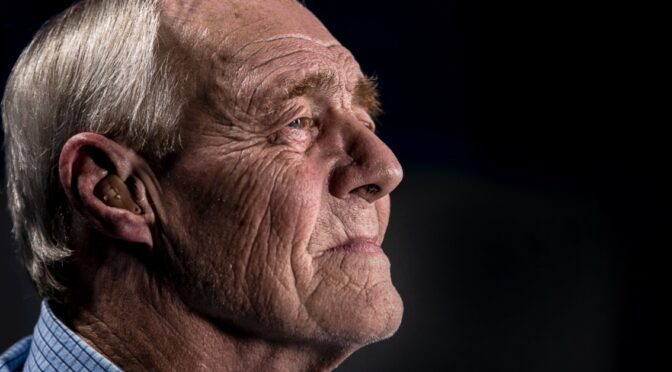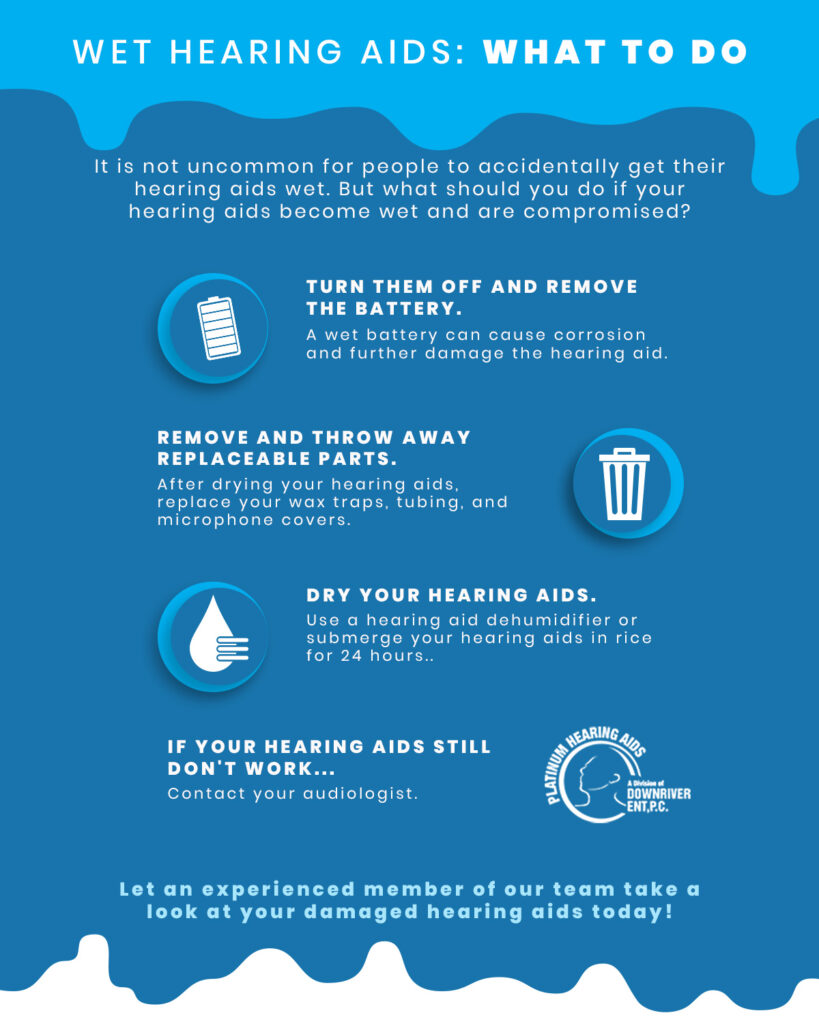Hearing aids are an incredible tool that helps people with auditory issues amplify sound. While hearing aids are a “modern marvel,” there are still plenty of issues that people experience with their hearing aids.
At Platinum Hearing Aids, we help people with hearing limitations regain their hearing by matching them with hearing aids that meet their unique needs. We also fix hearing aids that have become broken or defective. If you are experiencing issues with your hearing aids, we urge you to bring them to our Detroit audiologist’s office. That said, there are a few things that you can do to troubleshoot your hearing aid issues before you bring them in. Who knows, you might just be able to fix them yourself!
Continue reading to learn more about how to troubleshoot common hearing aid issues.
Common Hearing Aid Issues
As a Detroit audiologist, there are a few key phrases that we hear when our clients bring in their hearing aids because of an issue. Those phrases are:
- “My hearing aids are dead.”
- “My hearing aids aren’t loud enough.”
- “My hearing aids sound distorted.”
- “My hearing aids are producing feedback.”
When our clients bring in their hearing aids because they are experiencing issues, they usually complain using one of the above phrases, or something resembling the above phrases. Luckily, all of the above issues are rather common — making troubleshooting slightly easier.
“My Hearing Aids Aren’t Producing Sound”
When your hearing aids aren’t producing any sound, you’ll want to make sure that you do the following to troubleshoot any issue that might be occurring.
- Visually examine the hearing aid to make sure that there is no earwax blocking the microphone opening.
- Make sure the hearing aid is turned on and the battery is properly placed inside the hearing aid. Also, check to make sure the battery door is secured shut.
- Turn up the volume with your remote controller or directly on the hearing aid to make sure that it truly is not producing sound.
- Replace your battery or use a battery tester to make sure that the batteries you have in are not dead.
- Think about any way that you may have potentially damaged the hearing aid. Doing so might spark an idea of what else could be wrong.
- If you can’t diagnose the issue and fix your hearing aid by yourself, consider bringing them to our Detroit office for repairs.
My Hearing Aids Aren’t Loud Enough
Sometimes the audio in hearing aids can be damaged or wear out. That said, many times when people bring in their hearing aids because the sound is not loud enough, the solution is simple — turning them up. Below, we have listed the steps that you should take to troubleshoot any issues regarding the sound not being loud enough.
- Examine your hearing aid to make sure that there isn’t ear wax or some sort of other debris blocking the microphone opening or the sound outlet. If you wear a behind the ear (BTE) hearing aid, inspect the tubing to make sure that there aren’t any cracks, blockages, or beads of moisture.
- Turn up the volume directly on your hearing aids or with a remote. Consider turning the volume up and down a few times while listening to see if the volume is changing in reaction to your prompts.
- Select a different program or memory on your hearing aid. It is always a possibility that you have accidentally switched to a different program than your usual one.
- Consider whether or not your hearing may have changed. If it has been a long time since your last audiologist appointment, it might be worth going in for a hearing test to see if your hearing has changed since your last visit.
My Hearing Aids Sound “Funny”
Last, but not least, it is not uncommon for people to call us and tell us that their hearing aids sound “funny.” This can range from people hearing feedback, to people’s hearing being distorted. If your hearing aids are sounding different than normal, consider doing the following:
- Visually inspect the batteries for corrosion. Take the battery out, inspect it, and replace it if it appears to be fine.
- Switch over to a different program or memory to see if you have accidentally switched over to a channel with unfamiliar settings.
- Have a friend or family member look at your ears. Do they seem clogged with earwax? If so, it might be time to schedule an appointment with your ear, nose, and throat specialist for an ear cleaning.
- Have you lost a considerable amount of weight recently? If so, your hearing aids may not be fitting correctly — changing how you hear.
- Schedule an appointment with your Detroit audiologist if you are unable to troubleshoot any issues with your hearing.
Schedule An Appointment Today! If you are having any issues with your hearing aids, we urge you to schedule an appointment at our Detroit office. We would be more than happy to help you troubleshoot what is wrong with your hearing aids.







